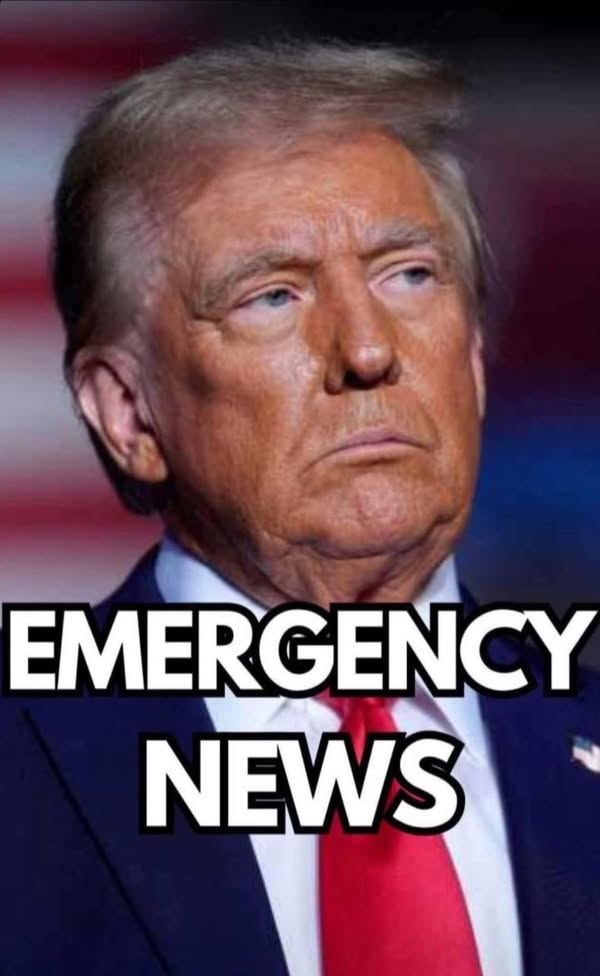In late January 2025, former U.S. President Donald Trump signed an executive order focused on addressing antisemitism across American college campuses. The policy, however, has sparked widespread debate over its broader reach and potential impact on free speech and immigration rights.
The order directs multiple federal agencies — including the Departments of Justice, Homeland Security, and State — to identify non-citizen students and staff who are found to support or promote organizations designated by the United States as terrorist groups. Under the directive, those individuals could face visa revocation or removal from the country.
According to administration officials, the goal is to combat what they describe as “rising antisemitism and extremist activity” linked to campus protests following the 2023 conflict in Gaza. The order also calls for closer coordination between universities and federal authorities, as well as potential funding reviews for institutions seen as tolerating extremist or hate-based incidents.
The announcement has been met with mixed reactions. Civil-rights advocates and constitutional scholars have raised concerns that the policy could blur the line between protected political expression and illegal activity. They warn that equating protest or criticism of government policy with support for terrorism may undermine First Amendment protections.
Continue reading on the next page…
